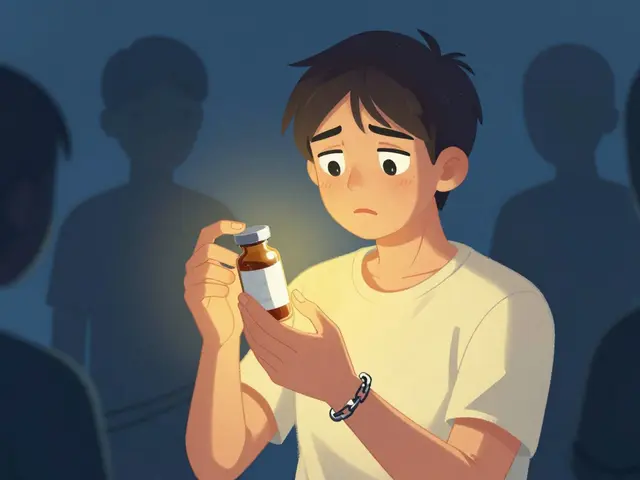Alopecia Coping: Real‑World Tips That Actually Help
If you’ve been told you have alopecia, the first thing that comes to mind is often “what now?” You’re not alone. Millions face hair loss, and most of them find ways to keep life moving forward. Below are simple steps you can start today, no fancy products required.
Everyday Scalp Care
Keeping the scalp clean is the foundation of any hair‑loss plan. Use a gentle, sulfate‑free shampoo once or twice a week. Harsh chemicals can irritate skin and make the problem feel worse.
After washing, pat your scalp dry with a soft towel. Rubbing can damage delicate follicles that are still trying to grow. If you like a little moisture, a few drops of jojoba oil work well – it mimics natural skin oil and doesn’t leave a greasy film.
Sun protection matters, too. The scalp is just skin, and UV rays can cause inflammation. A lightweight hat or a spray‑on sunscreen with SPF 30 protects you without adding weight.
Some people find massage helpful. A few minutes of gentle circular motions with fingertips can boost blood flow. No need for expensive devices; just use your hands and breathe.
Boosting Confidence & Getting Support
Hair is a big part of how we see ourselves, so it’s normal to feel self‑conscious. One fast way to lift your mood is to change up your look. Try a short cut, a scarf, or a textured wig. Experimenting can turn a challenge into a style statement.
Talk about it. Sharing your experience with a friend, family member, or online community reduces the feeling of being alone. Forums like Reddit’s r/alopecia or Facebook groups let you ask questions, swap product tips, and hear success stories.
Professional help isn’t just for medication. A therapist who knows about body‑image issues can give you tools to handle anxiety or low self‑esteem. Even a few sessions can make a big difference.
When you feel ready, consider talking to a dermatologist. There are prescription options, like topical steroids or minoxidil, that can slow hair loss for some people. The key is to have realistic expectations and give any treatment a few months to show results.
Finally, focus on what you can control. Regular exercise, a balanced diet rich in iron and vitamin D, and good sleep all support overall health. When your body feels strong, it’s easier to stay positive about the hair part.
Living with alopecia isn’t about hiding the problem; it’s about finding what works for you and moving forward with confidence. Try one tip today, and see how a small change can make a big impact on your daily life.

Alopecia: Psychological Impact and Effective Coping Strategies
Explore how alopecia affects mental well‑being and learn proven coping tactics-from therapy and support groups to everyday self‑care tricks.
read more




